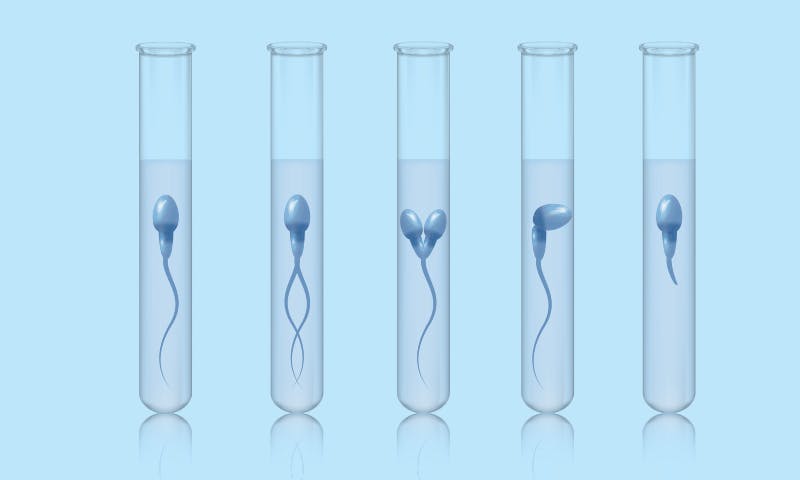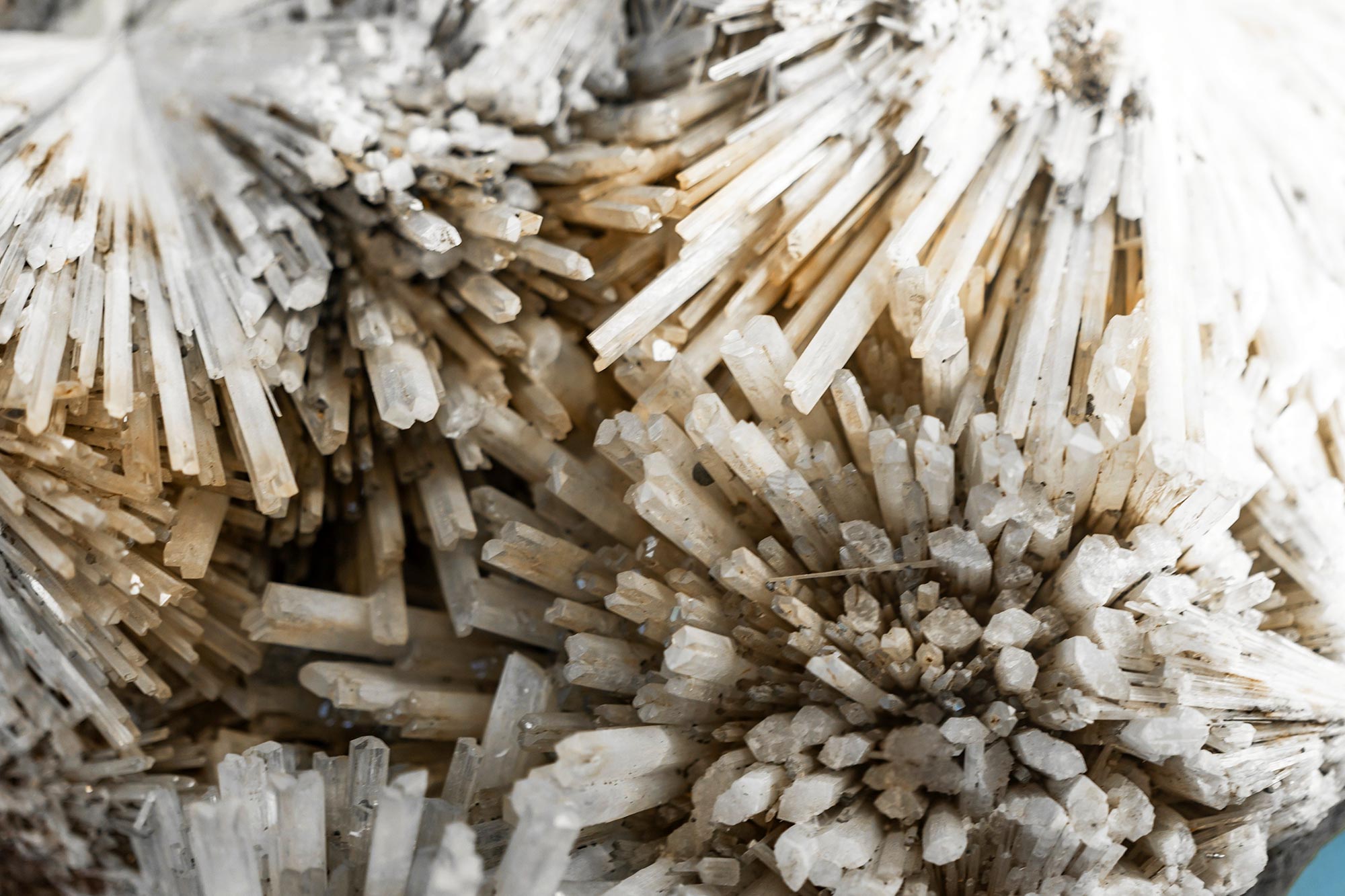
Increasing nitrogen (N) and phosphorus (P) input is one of the major contributors to anthropogenic climate change, which can regulate the sequestration and storage of soil organic carbon (SOC) by changing microbial communities and their residues, the significant component of stable SOC. However, it remains unclear how N and P fertilization influence aggregate-associated microbial communities and their residues in P-deficient soils. Answering this question is of great significance to reaching a better understanding of soil carbon cycles under carbon neutrality.
A research team led by Wang Qingkui from the Institute of Applied Ecology of the Chinese Academy of Sciences recently conducted a six-year fertilization manipulation experiment to explore the impacts of N and P fertilization on soil microbial communities and their residues at aggregate scales in subtropical P-deficient plantation soil.
They found that N and/or P fertilization significantly decreased the soil microbial biomass of bulk soils due to a decrease in bacterial biomass in small macroaggregates and microaggregates, and fungi in large macroaggregates. However, there was no significant difference among these fertilization treatments, indicating a non-additive interaction of N and P fertilization.
N/P fertilization redistributed microbial residues from large to small macroaggregates by stimulating fungal residues in small macroaggregates.
Moreover, decrease in root biomass, rather than soil pH, was responsible for the reduction in soil microbial biomass and changes in microbial residue distribution.
These findings highlight that the interactive effect of N and P fertilization and aggregate sizes should be considered to help improve the prediction of soil carbon dynamics under fertilization.
This study was published in European Journal of Soil Biology and was supported by the National Natural Science Foundation of China and the Key projects of Jiangxi Science and Technology Program.
More information: Yanli Jing et al, Non-additive effects of nitrogen and phosphorus fertilization on microbial biomass and residue distribution in a subtropical plantation, European Journal of Soil Biology (2021). DOI: 10.1016/j.ejsobi.2021.103376
Citation: Study finds fertilization affects soil microbial biomass and residue distribution by changing root biomass (2022, January 4) retrieved 18 January 2022 from https://phys.org/news/2022-01-fertilization-affects-soil-microbial-biomass.html
This document is subject to copyright. Apart from any fair dealing for the purpose of private study or research, no part may be reproduced without the written permission. The content is provided for information purposes only.
Note: This article have been indexed to our site. We do not claim legitimacy, ownership or copyright of any of the content above. To see the article at original source Click Here













